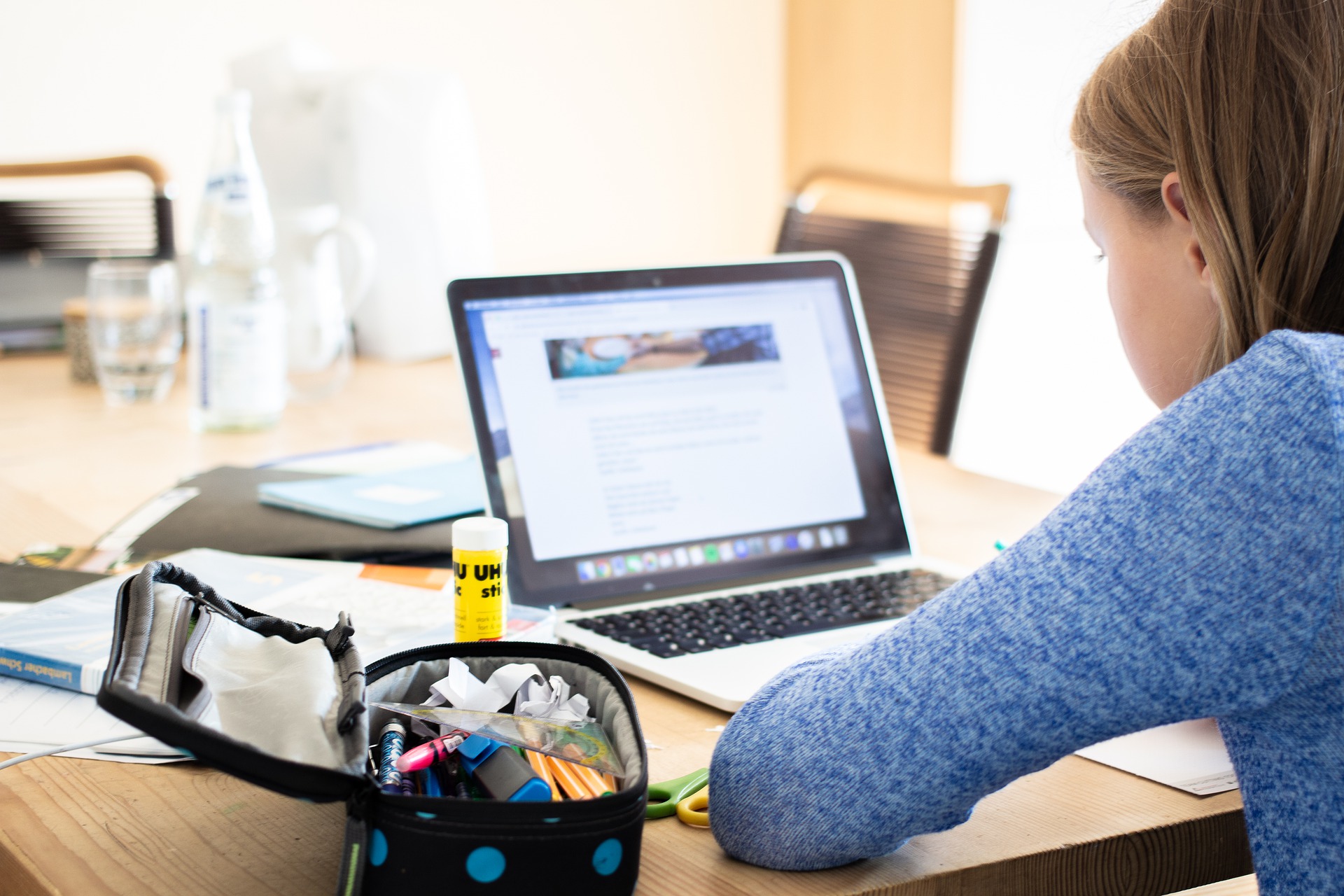
The rapid spread of COVID-19 in most parts of the world took everyone by surprise. With the alarming number of people getting infected, protocols to prevent the immediate spread, public health actions such as social distancing, are implemented. Most social gatherings were banned, and for so many months, people stayed at their homes, only going out if necessary. As the world became quiet, as busy streets were now isolated, people at home linger with themselves and their thoughts.
Mental Health and the COVID-19 Pandemic
One of the many positive reinforcements for our mental health during this pandemic is to reflect on life and realize what we could do to improve as individuals. With a dangerous virus spreading across the globe, many of us face challenges that may be overwhelming and stressful. These challenges could cause our mental health to decline.
According to research from CAMH (Center for Addiction and Mental Health), "50% of Canadians reported worsening mental health since the pandemic began with many feeling worried (44%) and anxious (41%)". People are also more worried about their finances, pressure from deadlines and work, loneliness, physical and emotional domestic abuse and the fear of contracting the virus if they go outside. Social distancing could result in isolation, creating a feeling of loneliness, possibly causing stress and anxiety, according to WHO.
Tips on How to Improve Your Mental Health
With COVID-19 endangering people's lives, it is essential to take care of ourselves both on the physical and mental aspects. Here is a list of ways to improve your mental health during the pandemic.
#1 Talk About Your Feelings
Your emotions are valid. Discussing thoughts that trouble you, whatever they may be, is important. Talking to someone can either be with a person you trust or on support groups online. Communication is essential to create stronger connections to people as it impacts our mental health, especially during tough times. With technology building bridges to reach out to people anywhere, stress and depression are alleviated. Additionally, being able to talk to those you care about, even virtually, can boost self-worth and provide comfort in facing daily challenges. Social media platforms such as Facebook, Instagram, and Twitter aid not only in connecting to people but also in self-expression. It is also a platform to raise awareness on important issues in the world, to voice out thoughts and sentiments, and to meet diverse people and create connections with them.
Don't keep problems to yourself. Not talking about these struggles may result in pent-up tensions that can increase stress and frustrations. Having someone listen as you tell your feelings and problems may help you to:
- See a new outlook of the problem from the perspective of someone else.
- See the situation more clearly.
- Create possible solutions and identify options you haven't thought of.
- Sort through problems.
- Release built-up tension.
Remember that you are not alone. Talking your feelings and problems to other people can give you an awareness that some are experiencing the same struggles as you do.
#2 Create a Routine
Routines give a sense of discipline on things you have to do for yourself. Simple routines such as brushing your teeth after every meal, exercising regularly, and allocating time for work and rest can help you take care of yourself. Having a routine can make you feel prepared for the day ahead. Indumathi Bendi, a primary care physician at Piedmont Healthcare, says, "Carrying out routine activities reduces stress by making the situation appear more controllable and predictable."
Dr. Solhkhah, M.D., chair, Department of Psychiatry, Jersey Shore University Medical Center noted, “Routines can create a positive level of stress that keeps us focused and may avoid some of the depression that many people may experience as a result of the COVID pandemic, isolation, fear and uncertainty.
#3 Minimize News Feeds
Being informed and updated with the world around you is essential, but too much of the world's negativity can affect your mental health. Negativity in the news can cause fear, anger, or frustration.
An article published by the World Health Organization (WHO) suggests that the amount of time you watch or read the news that makes you feel anxious or stressed should be reduced to improve your mental health. The media does not always bring positive feedback. The possible stressors caused by the media should be minimized.
#4 Take a Break
Give time for yourself. In general, working can be tiring, and often, you would be so focused on your job that you forget to take a breather and rest. Removing yourself from work stress, even if for a short period, can help your mind relax. As the pandemic prohibits people from going out unless needed, those who work and study at home can explore or have a calm stroll in their homes. Even if it is a half-hour lunch break, a few minutes can be enough to de-stress your mind and body. It is essential to listen to your body as it signals any issue about mental health. If you are exhausted, give yourself time to sleep. Without taking a break from everyday work, your mental health may suffer.
#5 Do Something You're Good At
A person's passion is a way to escape reality. Doing the things you are good at, can help you beat stress and have fun at the same time. You can let out your frustrations and other feelings through an activity. Those who are passionate about arts may make songs, books, poetry, paintings, and other forms of art to express what they feel through them. Another way to relieve stress is through physical activities such as working out at the gym, running, and boxing. This can help reduce or release the frustrations and tensions one may feel.
Having an outlet to de-stress by doing something you are good at improves your skill in a certain activity and your mental health.
#6 Care for Others
It is essential to care for others as it is a part of keeping a healthy relationship with people close to you. Friends are vital in your life, and helping one another can be uplifting. Supporting each other is a reminder that you are not alone in life.
Even in the pandemic, there are online communities where you can show your kindness and care to people trying to survive. It gives a sense of gratitude and comfort to these people and yourself. Knowing that you made someone smile improves your mental health and wellbeing. According to the Mental Health Foundation, “helping others can reduce stress and improve mood, self-esteem, and happiness.”
Caring for others is essential, and animals are no exception to it. taking care of your pet improves your mental health by creating a bond that would feel like this animal is part of your family. According to Healthguide.org, animals can help with depression, anxiety, and stress. With the pandemic requiring you to stay indoors, your pets can provide companionship and help ease loneliness.
Conclusion
The tough times in this pandemic have challenged us to keep our physical and mental health in a good state. It isn't easy adjusting to the current conditions of the world now that people are mostly indoors. We may be apart because of the pandemic, but we should never feel alone. We should learn how to listen and guide each other when dealing with problems.
Most people are struggling with the new normal. It becomes difficult to find a way to earn money, achieve happiness, and learn how to lift each other. Working for survival is important, but you must take the time to focus on yourself and your mental health, too. Thoughts are important, for they shape how you perceive life. Improving your mental health by creating routines, activities, as well as sharing kindness can make you feel better.





